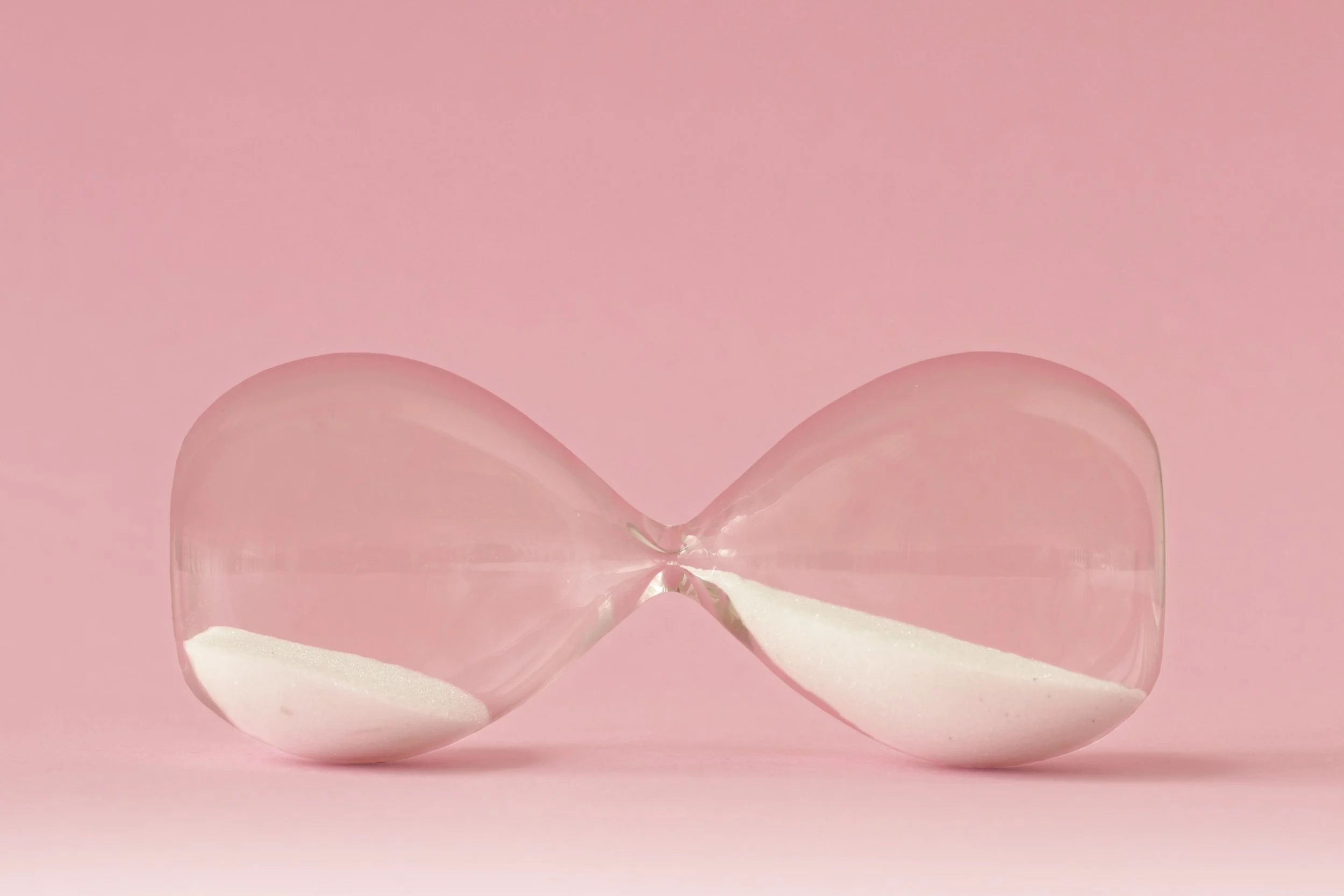Bring Your Own Speculum? Gen X Women Are the Real Power Behind the Nella Movement
At Brand Now, we believe that the most powerful healthcare innovations—especially in women’s health—are those that simplify, support, and integrate into real life. But innovation doesn’t just come from bold design or clever branding. Often, it comes from the people who demand better. Right now, that group is Gen X women, especially those navigating the realities of midlife care.
Take the Nella Speculum, a reimagining of one of the most universally dreaded tools in gynecology. It’s slimmer, quieter, and made from temperature-neutral polymer instead of cold metal. Created by women to reduce discomfort and anxiety, it earned a spot on TIME Magazine’s Best Inventions list.
But Nella is more than a design update—it represents a shift in how patients participate in their care. Sold direct-to-consumer, patients can purchase their own Nella Comfort Kit (which includes the speculum and small comforts like socks and wipes) and bring it to their OB/GYN appointment. It’s an empowering idea—but one that also raises questions. Should women really have to bring their own tools to ensure a comfortable experience?
A Gen Z Aesthetic, a Gen X Opportunity
At first glance, Nella feels like a Gen Z product. It checks all the boxes: personalization, empathy, TikTok-ready packaging, and a sense of empowerment over one’s body. Younger women have embraced the conversation around bodily autonomy and openly discuss the importance of comfort in care. Online forums and social posts celebrate Nella for “changing the vibe” of an appointment that’s long been a source of dread.
But dig a little deeper, and something interesting surfaces: Gen Z may be vocal, but Gen X may be the ones actually adopting.
Many Gen X women—now in their 40s and 50s—are going through perimenopause or menopause, a time when pelvic exams often become more uncomfortable due to dryness, thinning tissue, or increased sensitivity. These women aren’t just hoping for more comfort. They’re demanding better care—and they have the power and perspective to pursue it.
They’re also more prepared to do the work. Gen X has spent decades navigating a healthcare system that often ignores their needs. They know how to advocate, how to research, and how to take matters into their own hands. That’s exactly what Nella asks: that you show up prepared, even if the system isn’t.
Practical Innovation Meets Real-World Friction
The Nella Speculum has been tested in clinical settings and is FDA-registered. In trials, 99% of patients preferred it over the traditional metal version. Many OB/GYNs appreciate its design, especially when working with postmenopausal patients or those with anxiety. And yet, adoption is still limited.
Why? Because medical systems are slow to change. Clinics are hesitant to introduce patient-supplied tools, citing concerns over liability, sterilization, and protocol. That puts Nella in a tricky spot: it’s a clinically sound product with strong patient preference—but it’s not yet integrated into most workflows.
That’s where Gen X comes in again. This generation is used to working within broken systems. They’ve juggled caregiving, careers, and personal health often without support. They know how to push gently—and persistently—for what they need. Their influence can tip the balance. The more Gen X women request Nella by name, the more clinicians are likely to engage with it.
Building the Bridge, Not Going Around It
We admire the work that Nella is doing, namely: they’re moving faster than the infrastructure that’s supposed to support them. That doesn’t mean slowing down. It means building bridges—with providers, patients, and systems.
They’re presenting at OB/GYN and menopause conferences. They’re collecting data, gaining traction in women’s health circles, and encouraging providers to engage. But widespread change requires more than design awards. It takes a community—especially one as quietly powerful as Gen X.
The Generation That Gets It Done
In a landscape where even basic comfort is still a patient-led project, Gen X women are showing up ready. They may not make the most noise, but they move the needle. They buy the kit. They bring it to the appointment. They talk to their doctors. And they push for better—not because it’s trendy, but because it’s necessary.
So while Nella may feel like a Gen Z phenomenon, brands should take a second look. Gen X women are the ones driving adoption. They’re the ones who understand the stakes. And they’re the ones who, frankly, are tired of waiting for the system to catch up.
The future of women’s health isn’t just about sleek design or smart branding. It’s about meeting the real needs of real women—especially those who’ve been making things work for everyone else, for years.
If anyone’s going to show up with their own speculum to demand better care, it’s not a trendsetting 23-year-old. It’s a 49-year-old who’s done waiting.

